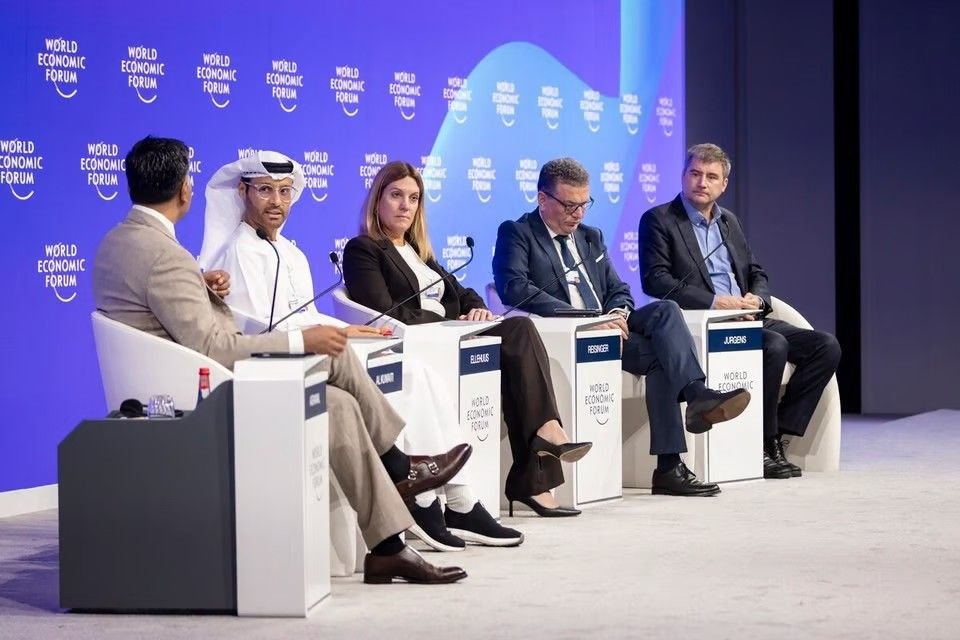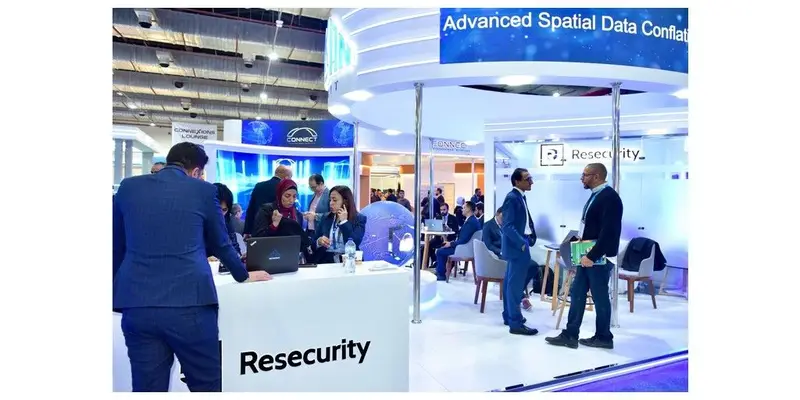Dubai — The Annual Meetings of the Global Future Councils and Cybersecurity 2025, co-hosted by the UAE Government and the World Economic Forum (WEF), underscored the urgent need for regional cooperation and public–private partnerships to confront a new era of escalating cyber warfare.
Speaking at the opening session, H.E. Mohamed Al Kuwaiti, Head of Cybersecurity for the UAE Government, declared, “We are living in the age of cyber wars.” He revealed that in just the past six months, nations including Ukraine, Russia, India, Pakistan, Iran, Israel, and even the UAE have faced intensifying digital conflicts targeting critical infrastructure.
Al Kuwaiti outlined the UAE’s five-pillar national cybersecurity strategy — partnership, innovation, protection, governance, and legal frameworks — as the foundation for maintaining digital resilience. He highlighted initiatives such as Cyber Pulse, which educates citizens and students on recognizing scams, deepfakes, and online bullying, and AI-focused school curricula that introduce children to cybersecurity, digital ethics, and safe online behavior.
“Education is our frontline defense,” Al Kuwaiti said. “We are embedding cybersecurity and ethics in AI into our schools to build awareness from an early age.”
Tripling of Cyberattacks Sparks Call for Stronger Governance
Helmut Reisinger, CEO for Europe, Middle East, and Africa at Palo Alto Networks, revealed that cyberattacks have tripled compared to 2023, warning that in an AI-driven era, timely and accurate data has become critical to understanding and mitigating new digital threats.
He cautioned that regions with weaker governance and fragmented data laws are the most vulnerable to AI-enabled attacks.
Regional Partnerships as a Force Multiplier
Rachel Ellehuus, Director-General of the UK’s Royal United Services Institute, stressed that regional collaboration among neighboring nations can serve as a powerful mechanism for collective digital defense. She noted that this model underpins the UK’s own cybersecurity strategy.
Similarly, Jeremy Jurgens, Managing Director of the World Economic Forum, emphasized an interdisciplinary approach that combines technology, policy, and education to navigate the rapid evolution of AI. He commended the UAE’s leadership in promoting collaborative cybersecurity models, describing it as “an exemplary model for interdisciplinary problem-solving.”
New Frameworks for the AI-Driven Cyber Era
The session concluded with discussions on simulation hackathons and the urgent need for updated legal and governance frameworks to counter the growing complexity of cyber threats.
The Annual Meetings brought together over 600 speakers and focused on six major themes — Technology, Economy, Society, Environment, Governance, and Health — marking the first time the Cybersecurity forum has been held concurrently with the Global Future Councils. The collaboration underscores the UAE’s ambition to shape global cybersecurity discourse through innovation, cooperation, and strategic foresight.















